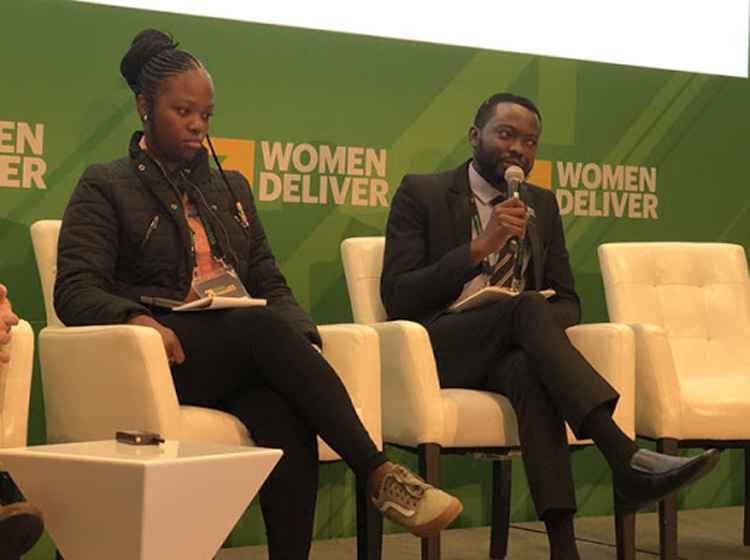Mbencho Andrew Millan, FP2020 Reference Group, Youth Delegate
Children in the English-speaking Northwest and Southwest regions of Cameroon have not been to school for three years due to fighting between armed separatist groups and the government. The situation has forced millions of people to flee from their homes and become internally displaced persons or refugees for an indefinite period. In June, UNICEF reported some 80 percent of schools were shut, 74 destroyed, and 650,000 children affected by the school ban imposed by the separatist groups.
The conflict has led to a health system breakdown. Maternal health complications are already a leading cause of death for adolescent girls under 15 years of age in developing countries – and as the situation in these regions continues to deteriorate, it adds another blockade for women trying to make their own reproductive health decisions. For many girls displaced in conflict, they’re thrust into a situation where so little is within their control – decisions like where they’re living, when and what they eat, whether they can stay in school, and more, are often dictated by their circumstances. Without contraception, one of the biggest decisions they can make – whether to have children – is taken out of their hands, too.
It’s tragic that displaced women and girls are at increased risk for sexual violence. So imagine if, after experiencing trauma at the hands of another refugee or armed forces, a young woman finds herself with an unwanted or unintended pregnancy? Sadly, that is the reality for some women and girls. Too often, they’ll carry out self-induced or otherwise unsafe abortions, which account for 25 to 50 percent of maternal deaths in conflict populations according to UNFPA.
So what can help a situation where women and girls are faced with such a lack of control? One important option is to make voluntary contraception widely available. We must put at least this decision – the decision of whether to have a child – in their hands.
It’s an undeniable fact that sex and pregnancy don’t stop during crisis situations, no matter how severe the context. Access to family planning in a crisis context saves lives just like food, shelter, clean water, and medical aid, and it’s very feasible to carry out. Yet, family planning and reproductive health services have remained drastically underfunded in crisis regions. Young girls are left without a choice. If the choice were theirs, they would keep studying, empowering themselves, and building a bright future like their counterparts in the other regions of the country. We must mobilize political will to meet the sexual and reproductive health needs and rights of all people affected by crisis and conflict in the Northwest and Southwest regions of Cameroon. If we don’t, the consequences will be dire and will resound for generations.
